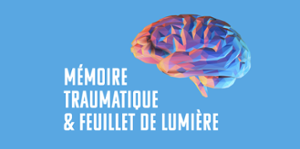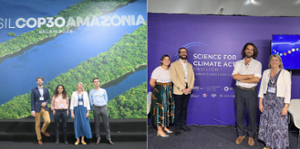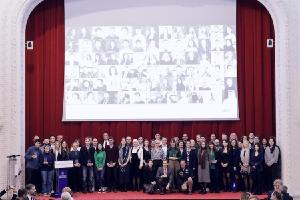on the October 26, 2023
Unknown label
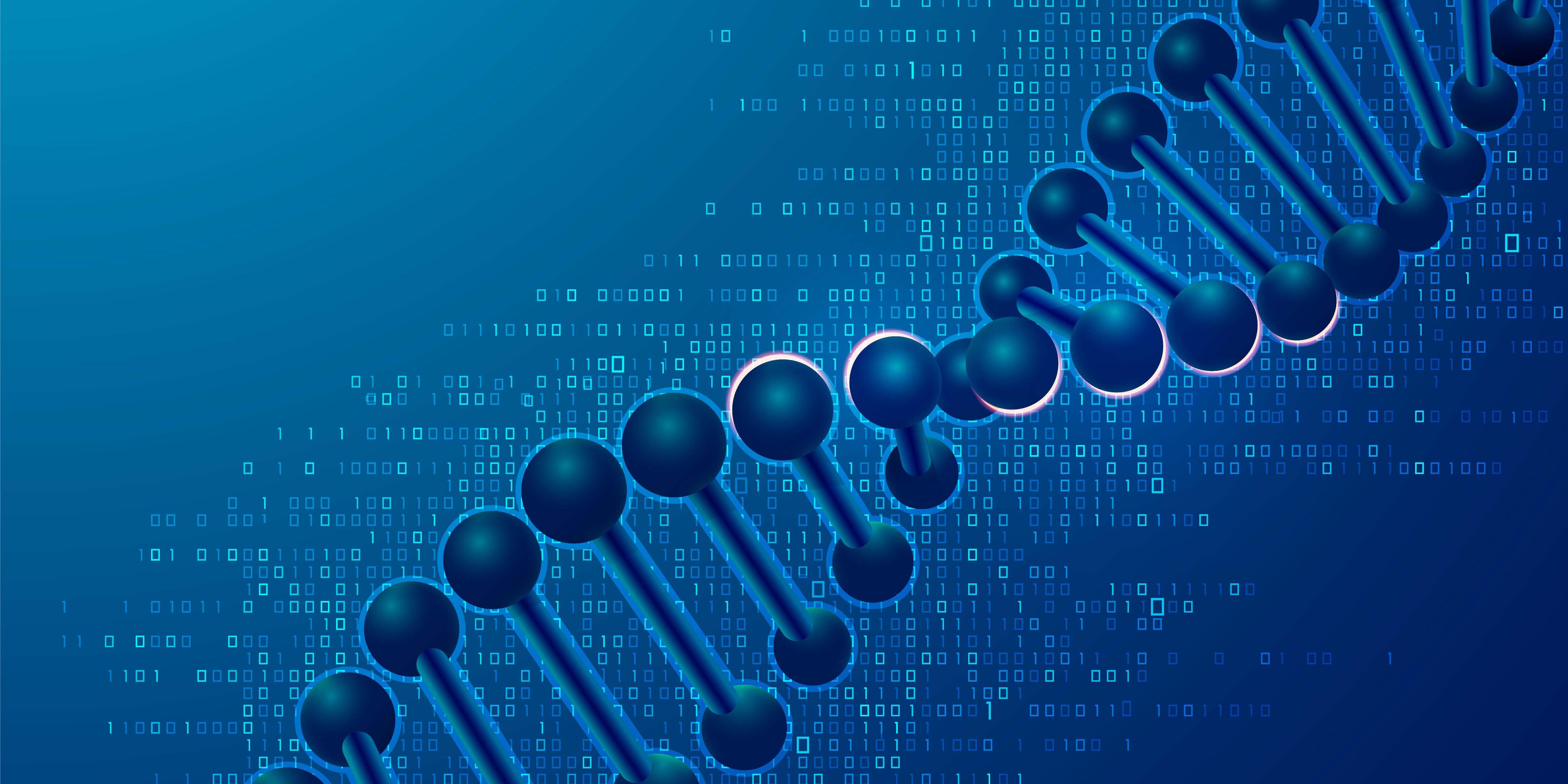
The CNRS Medal for Innovation in 2023, the Prize of Excellence 2022 awarded by Université Côte d'Azur and the iPhD prize in 2021, these are just a few of the many awards Marc Antonini has won for his research that has led to major technological innovations, notably in the field of data storage on synthetic DNA. Find out more about this disruptive innovation, which recently led to start up of the PEARCODE company.
1. PEARCODE, THE START-UP NUGGET
For seven years now, Marc ANTONINI, Director of Research at the CNRS (French National Center for Scientific Research), whose favorite topic is image compression, has been interested in data storage on synthetic DNA.
Created in October 2022, the PEARCODE start-up grew out of Marc ANTONINI's research and the thesis written by Melpomeni DIMOPOULOU on coding techniques for the long-term storage of digital images in synthetic DNA. Application for a patent was filed as a result of this research.
In its early days, PEARCODE recevied funding from different sources including a €50,000 grant from the Université Côte d'Azur IdEx as part of the DeepTech Startup Call for Proposals, a call that aims to encourage new innovative start-ups based on research carried out by the University and its partners.
"The PEARCODE project led by Marc Antonini was detected in 2021 by the IdEx Innovation program team at Université Côte d'Azur and supported through the Deep Tech Startup program." This initial support made it possible to secure the process at a level of project maturity that required "de-risking" for accessing other types of financing. In this context, Melpomeni Dimopoulou was able to receive funding granted to innovative young doctoral students from the Sud PACA Region and was awarded the prestigious 2021 L'Oréal-UNESCO For Women and Sciences Young Talent prize and special funding from Université Côte d'Azur at the Medals of Excellence ceremony.” Jeanick Brisswalter, President of Université Côte d'Azur

"IdEx funding was a crucial step in the continuum that led our start-up project to fruition, and I believe that it was a lever that helped us move in that direction.” Marc ANTONINI
The start-up should reach the market on time. It is entering the development phase and establishing a first prototype based on the research carried out during her doctorate by Melpomeni DIMOPOULOU (current CEO of PEARCODE) at a time when international competition is becoming more intense. This is what is commonly known as the maturation phase, during which researchers work outside the laboratory to design a slightly more elaborate but unfinished product.
To achieve this, PEARCODE needs to be visible and take part in trade fairs, competitiveness clusters and other specialized meetings where its products can be presented to companies of the local, national and even international ecosystem, or to investors. A fund-raising operation is planned for the end of 2024 to ramp up the company and develop the final product.
The industry is showing a genuine interest. Now, PEARCODE needs to be convincing if it wants to attract investors who are not focused on the short term, but are prepared to make a long-term commitment, since the first marketable solutions will not be available before another three to five years.
2. PEARCODE, A BREAKTHROUGH INNOVATION
To date, digital data storage on the planet amounts to over 70 zettabytes (1 zettabyte is equivalent to a thousand billion gigabytes). By 2025, forecasts suggest that we will have exceeded 180 zettabytes, which could represent 23 stacks of Blu-Ray discs, each as high as the distance from the Earth to the Moon. Data is growing exponentially, and we will soon no longer be able to store all our data if we do not find alternative solutions quickly.
PEARCODE's vision is to develop a digital data archiving system that uses a new storage medium, synthetic DNA. This is a disruptive innovation because it will revolutionize current uses and, in time, replace a dominant technology on the market.
"The company created in 2022 and the success it has shown since then –and will have in the future– confirms Université Côte d'Azur in its strategy of supporting startups that grow out of academic research conducted with the University’s partners and backed by the IdEx. This dynamic and ambitious policy is set to grow with the recent recognition of the Med'innov' University Innovation Cluster (PUI).” Sylvain ANTONIOTTI, Vice-President of the Université Côte d'Azur IdEx
DNA data transfer: How does it work?
The capsule, which can contain a few grams of DNA, can store up to several exabytes of digital data, the equivalent of one or even several datacenters.
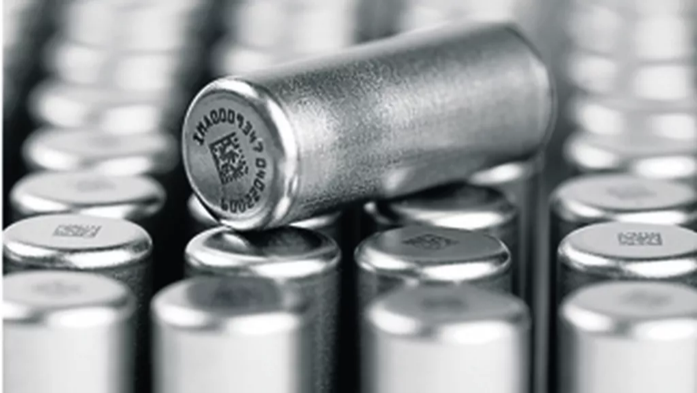
What applications are foreseen?
The only solution proposed today for the exponential growth of digital data is still the use of data centers, which consume a lot of electricity and take up thousands of square meters of floor space. DNA storage could reduce this pollution because the technology is not only carbon-free but also sustainable since the DNA has a lifespan of 500 to 1,000 years when contained in a capsule and stored at room temperature.PEARCODE's goal is to develop a DNA storage memory by 2030 to 2035, that can be automatically read and written. Anyone with a device with a USB connection will be able to plug it into their computer and access their data.
To make this technology work, what is needed first is faster DNA synthesis and miniaturized processes and storage systems.
"I believe that DNA storage is a new paradigm, a new way of doing things. This new technology will open the field of possibilities. I'm convinced that this will be a solution for the future, not the only one, but undoubtedly one of the solutions for the future.”

